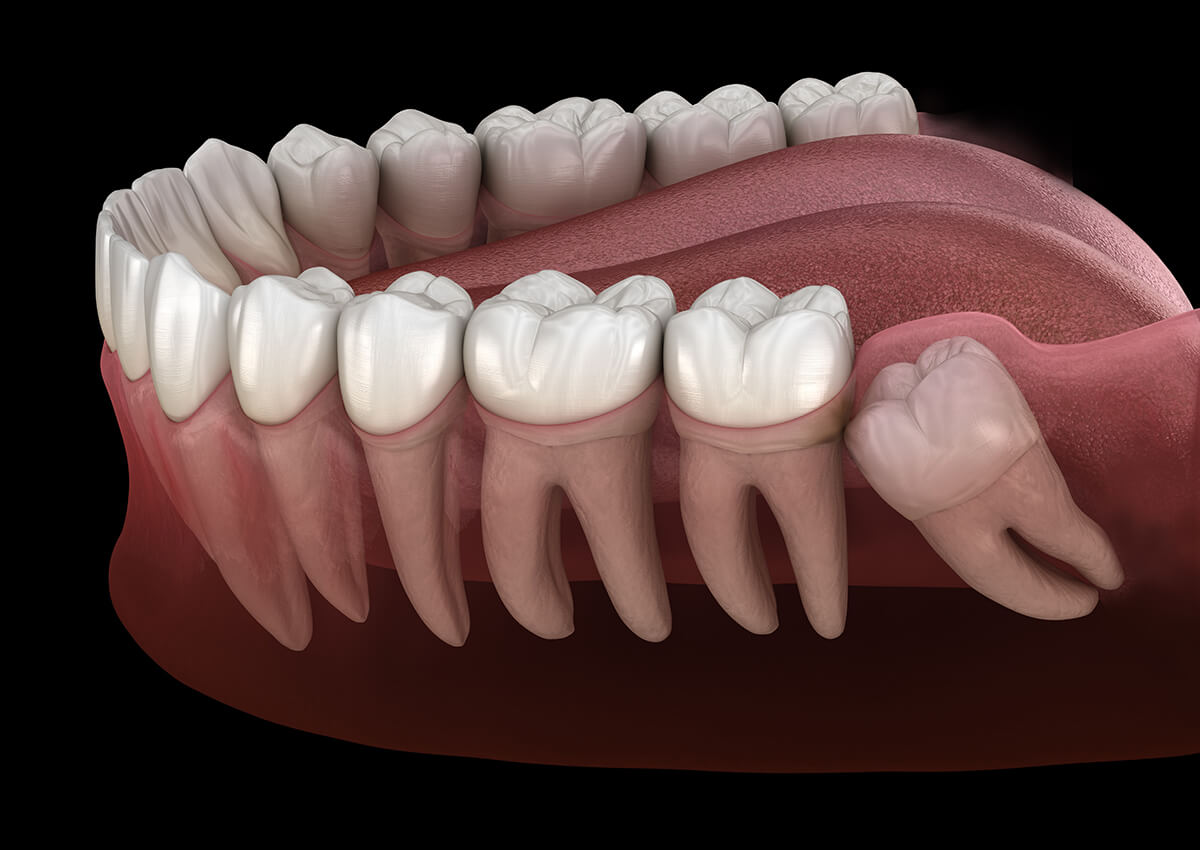Wisdom teeth, the third molars located in the very back of your mouth, can cause a variety of issues. If your dentist or orthodontist has recommended wisdom tooth extraction, it’s important to understand why. In some cases, the jaw is too small to accommodate the extra teeth, leading to overcrowding and misalignment.
This can put pressure on other teeth, leading to pain and discomfort. Additionally, it can make brushing and flossing difficult, leading to an increased risk of cavities and gum disease. If a wisdom tooth is impacted—meaning it has not erupted through the gum—it can cause cysts, tumors, or even infection. The procedure for wisdom tooth removal is a relatively straightforward one.

Image Source: Google
The area around the wisdom tooth is numbed, then the tooth is extracted. If the tooth is impacted, your dentist may need to make an incision to remove it. The area may be packed with gauze to help stop the bleeding, and you may be prescribed antibiotics or pain medicine to control any pain or infection.
It’s important to take good care of your mouth following wisdom tooth extraction. You should avoid hot foods and drinks for the first 24 hours, and gently rinse with warm salt water after meals. Stick to a soft diet for several days, and avoid smoking or using a straw.
Wisdom tooth extraction can be a necessary part of maintaining good oral health. Talk to your dentist today to learn more about the procedure and the best ways to take care of your mouth following the extraction.
